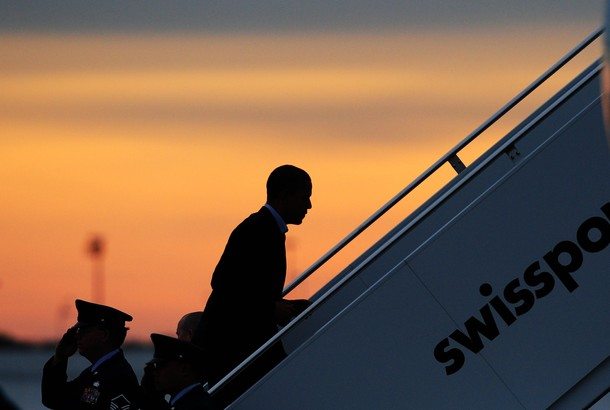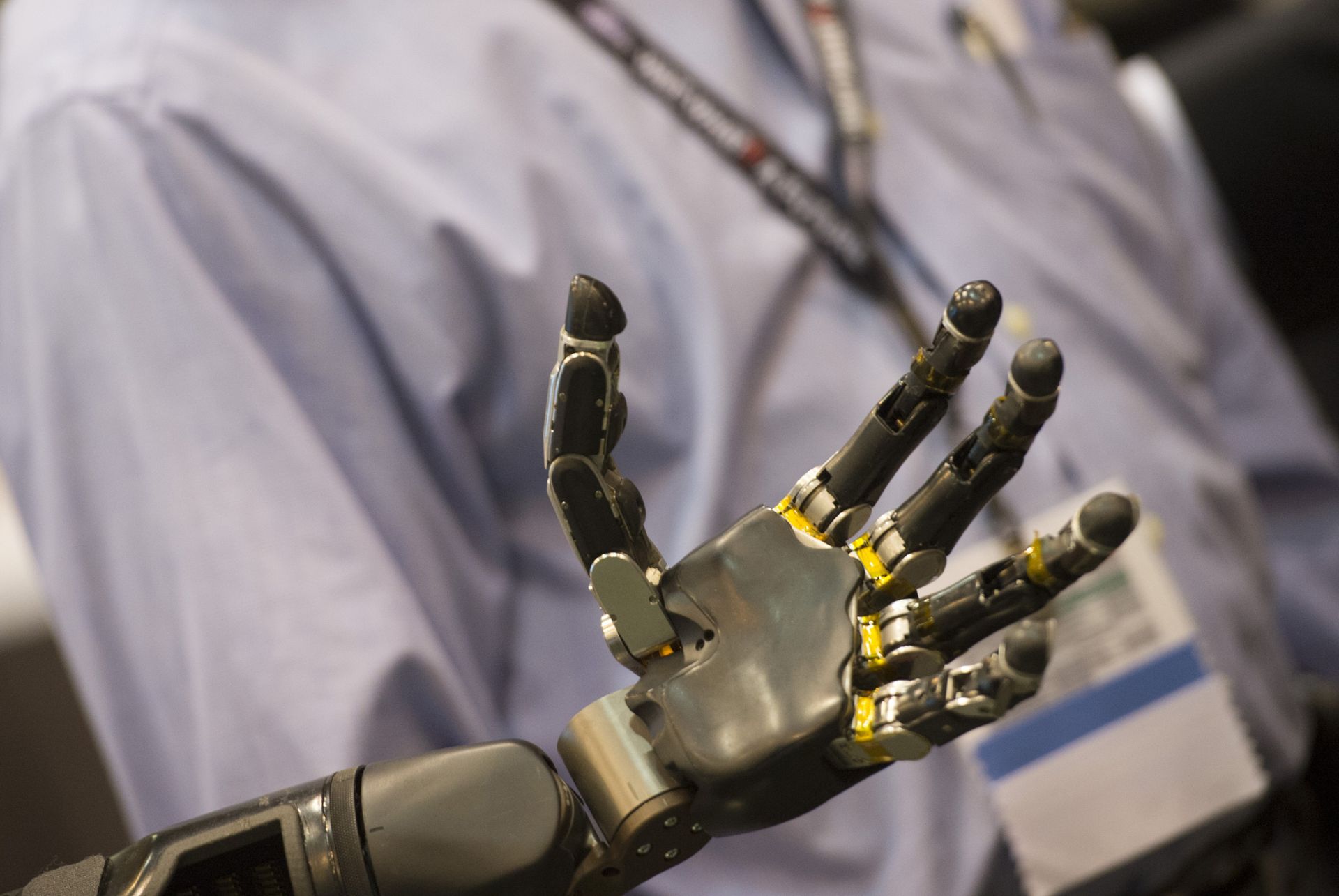The White House is considering lifting a decades-old arms embargo against Vietnam in time for President Barack Obama’s visit to the booming Southeast Asian nation this month.
As both countries warily eye China’s military build-up in the disputed South China Sea, officials said Obama is weighing an end to the Cold War-era ban on lethal weapons exports.
Obama begins his first visit to Vietnam on May 21, some 41 years after the North Vietnamese army and its Viet Cong allies marched into Saigon, humiliating the world’s preeminent superpower.
Now the former foes — who fought a murderous 19-year war that defined both nations and killed untold thousands — are putting ideology aside and gradually building deeper trade, military and political ties.
Washington and Hanoi have been pushed together by Vietnam’s increasingly vibrant 80-million-people-strong economy, Obama’s “pivot to Asia” and a mutual desire to limit China’s regional clout.
Under President Xi Jinping, Beijing has taken a more assertive stance on territorial claims in the South China Sea — deploying materiel to the disputed Spratly Islands.
Recent military reforms announced by Xi dramatically increased navy spending.
With that, some inside the Obama administration argue that the time has come for the United States to help bolster Vietnam with the sale of advanced military equipment.
“It is a relatively easy argument for those who favor lifting the ban,” said Christian Lewis of the Eurasia Group, a consultancy.
“The benefits of deepening strategic ties to Vietnam and simultaneously containing China exceed the perceived downside of supplying Vietnam military hardware,” he added.
If the ban is lifted, most observers expect sales to start small — in part to assuage concerns about human rights, and in part not to spook China too much.
Recent preparatory visits by US-based arms contractors to Vietnam focused on the sale of less controversial maritime surveillance and patrol hardware.
But in the medium term, the embargo would open the way for sales across the board.
“This is going to be a long term thing, but it has strategic importance because of the psychological shift,” said Richard Fontaine, president of the Center for a New American Security.
Vietnamese military spending has increased dramatically in the last decade, by 130 percent since 2005, according to the Stockholm International Peace Research Institute.
China and Vietnam share a checkered history of border disputes, invasions and conflict and anti-Chinese sentiment has helped frame Vietnamese national identity.
During the Cold War, Vietnam was closer to the Soviet Union than it was to its behemoth neighbor to the north.
Much of Vietnam’s arsenal today is made up of aging Russia-built equipment.
But some in the US Congress still oppose lifting the arms embargo, voicing concern that weapons could be used to trample human rights.
Vietnam’s ruling Communist Party retains a white knuckle grip political power and its cadres’ economic interests.
Obama is expected to meet the country’s de facto leader, party Secretary General Nguyen Phu Trong when he visits Hanoi, as well as Tran Dai Quang — the former head of Vietnam’s controversial domestic security force who became president after an April party Congress.
But the end of the ban seems likely. Senator John McCain, one of an estimated seven million American Vietnam War veterans, has publicly stated his support for sending arms.
New era
The White House would like the visit to turn a page on the war, focusing on a pending trans-Pacific trade deal and on changing American attitudes about Vietnam and Vietnamese attitudes about America.
“Vietnam has a dynamic economy and they have a rapidly growing middle class,” said White House spokesman Josh Earnest.
But there are still doubts about how that TPP trade deal would be implemented, in a country where whole sectors are run like fiefdoms of senior party officials and competition is intra-party.
Vietnam is “a country that is trying to decide exactly how it’s going to orient its economy in the decades ahead,” Earnest acknowledged.
Still, Western diplomats spot an opportunity in Vietnam’s eagerness to diversify trade partners outside China.
“We are looking at potentially transformative growth over the next decade, simply because footwear and garment manufacturers are going to be able to export to the United States,” said Lewis.











